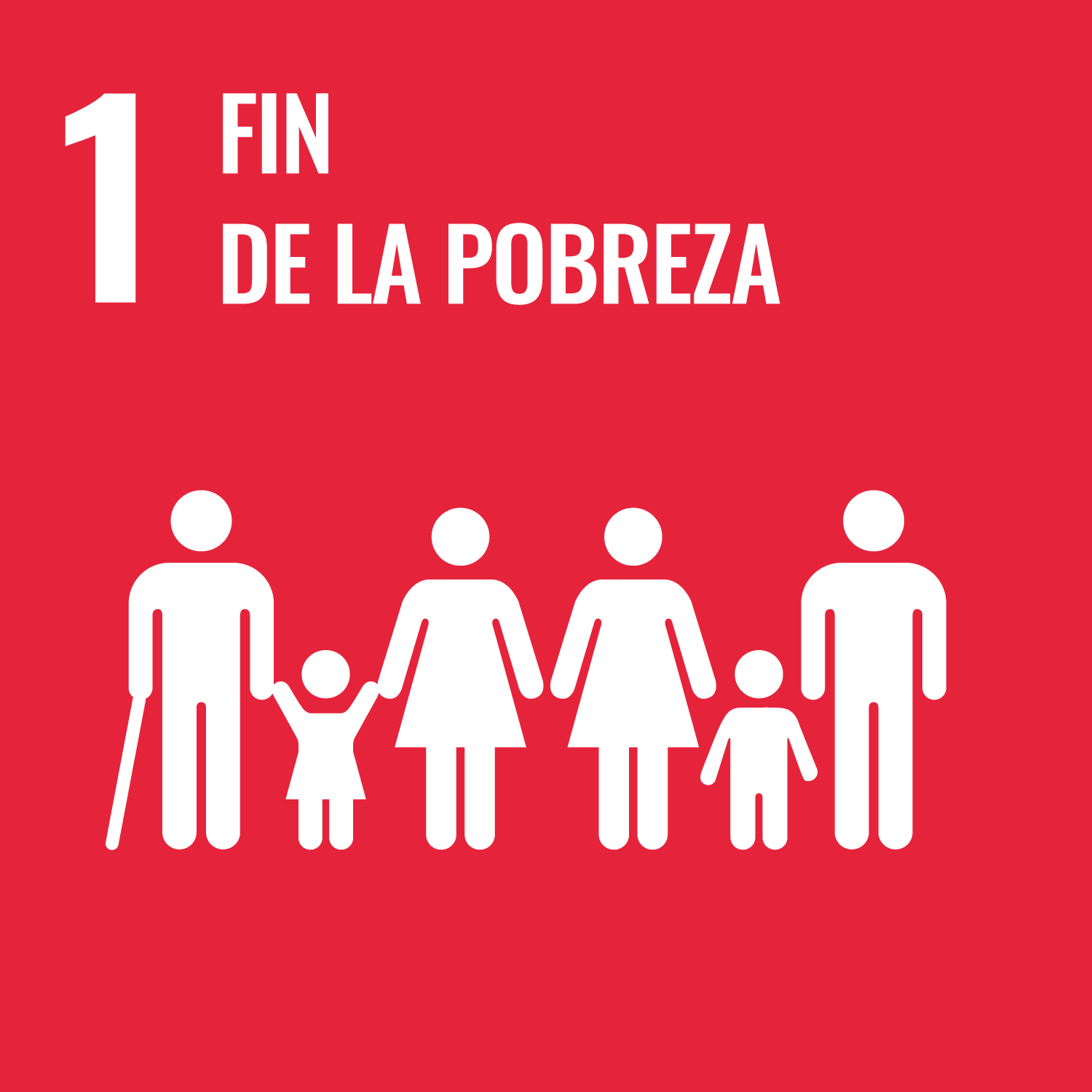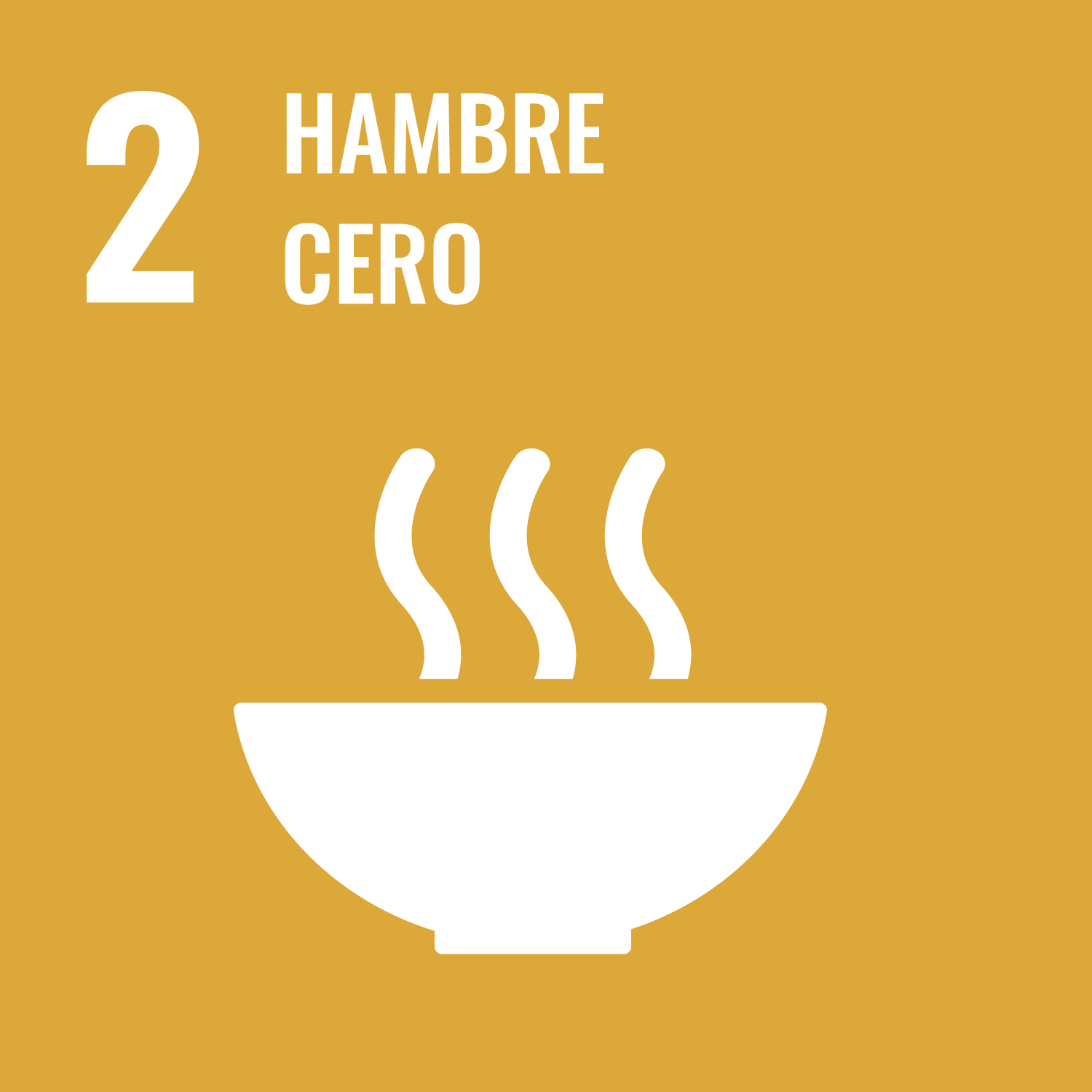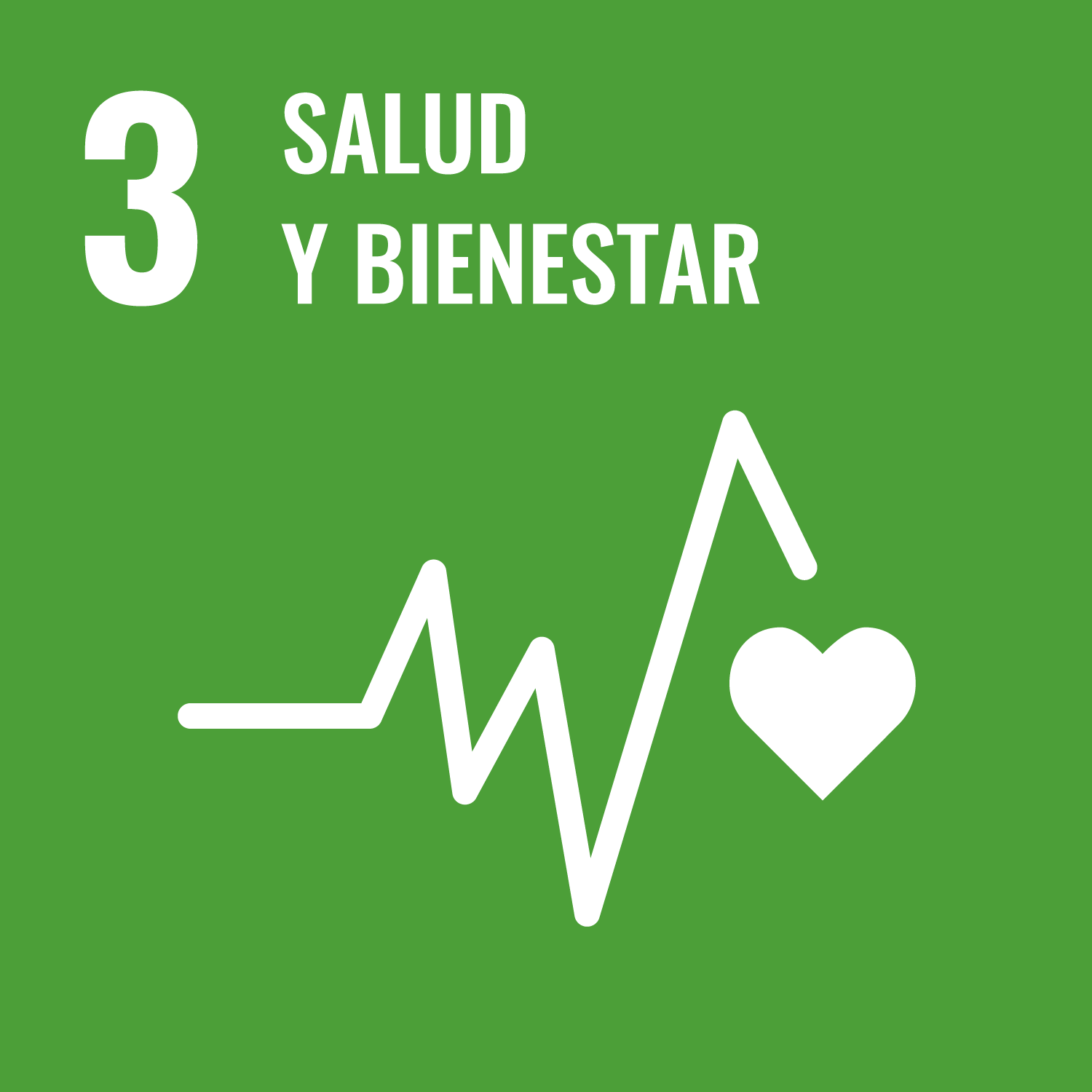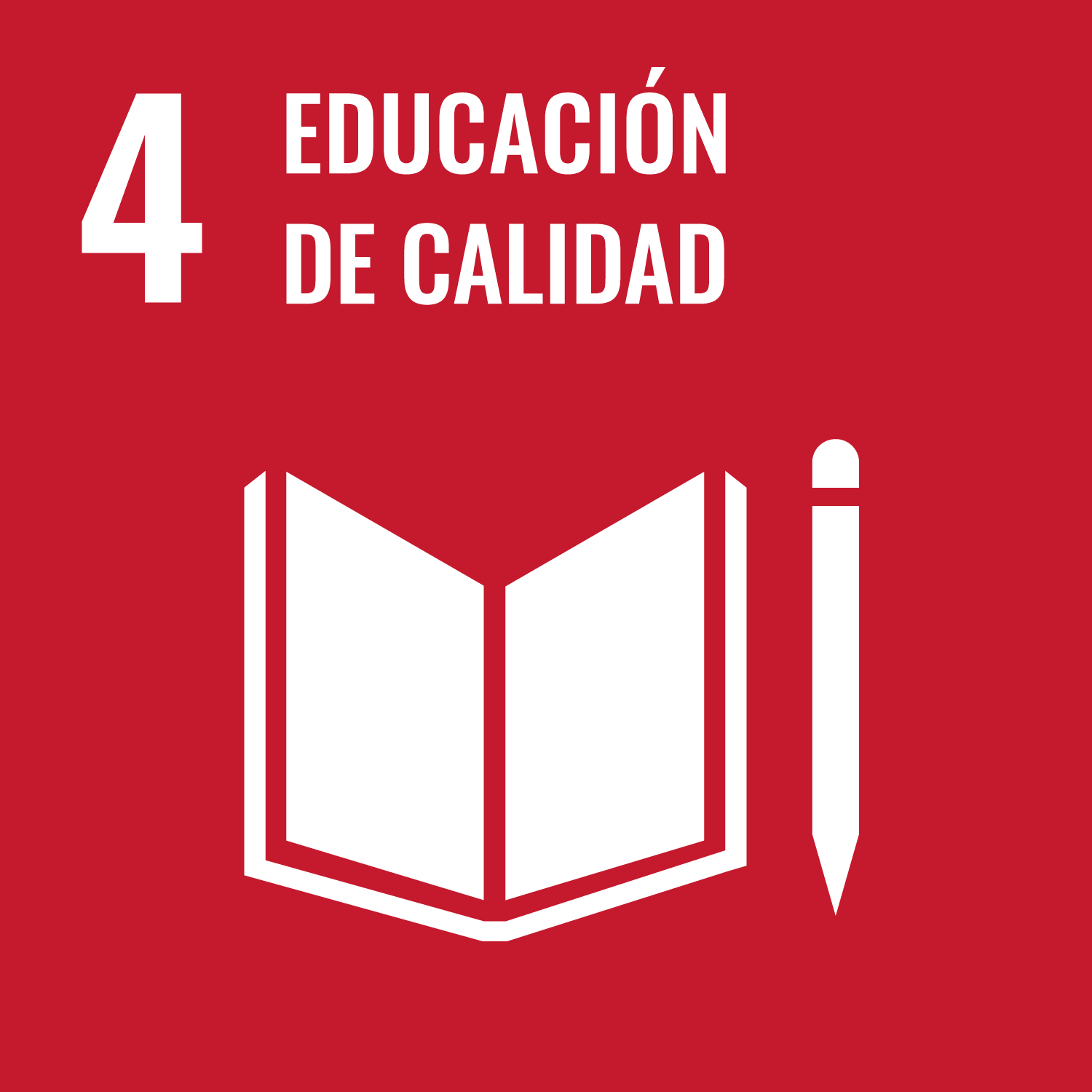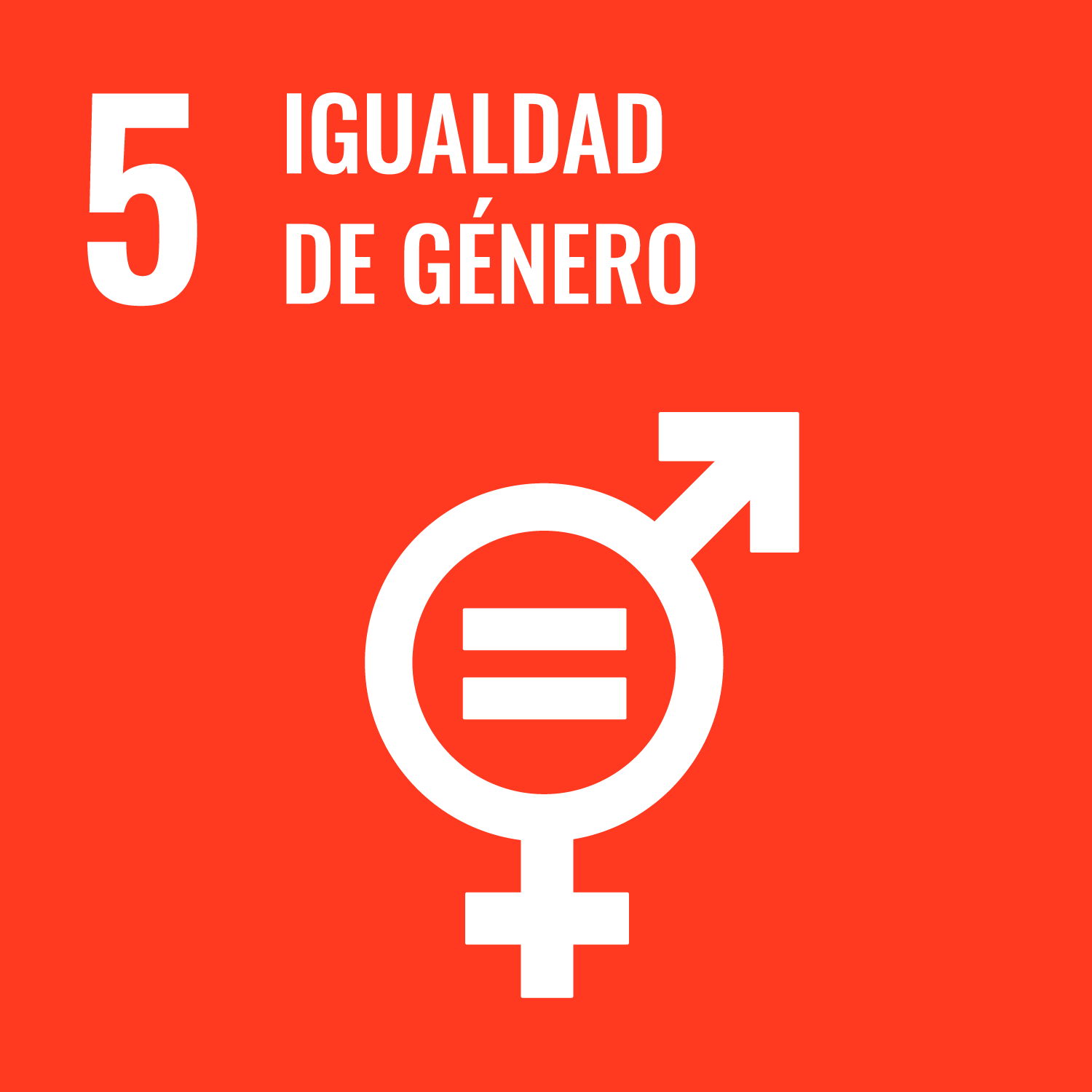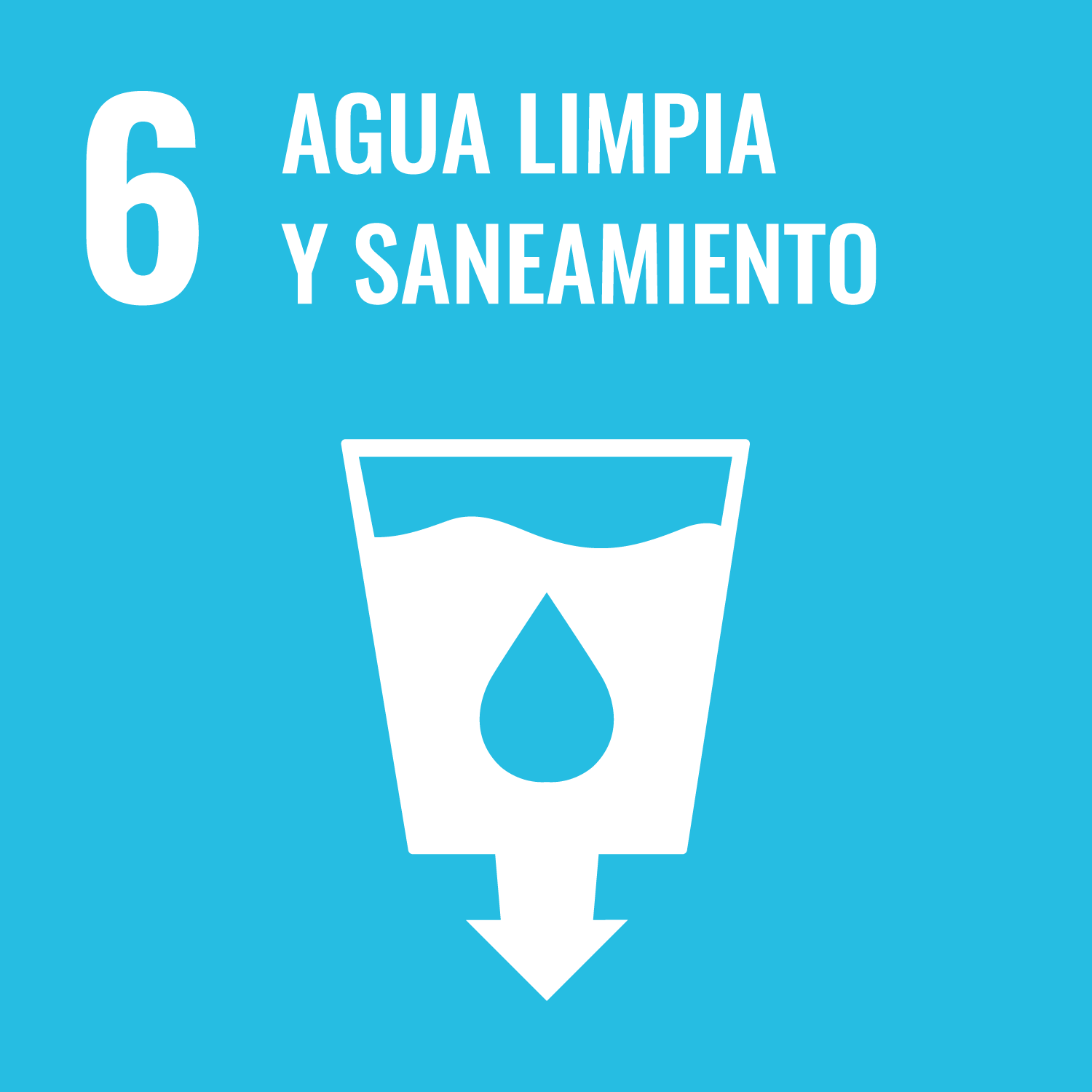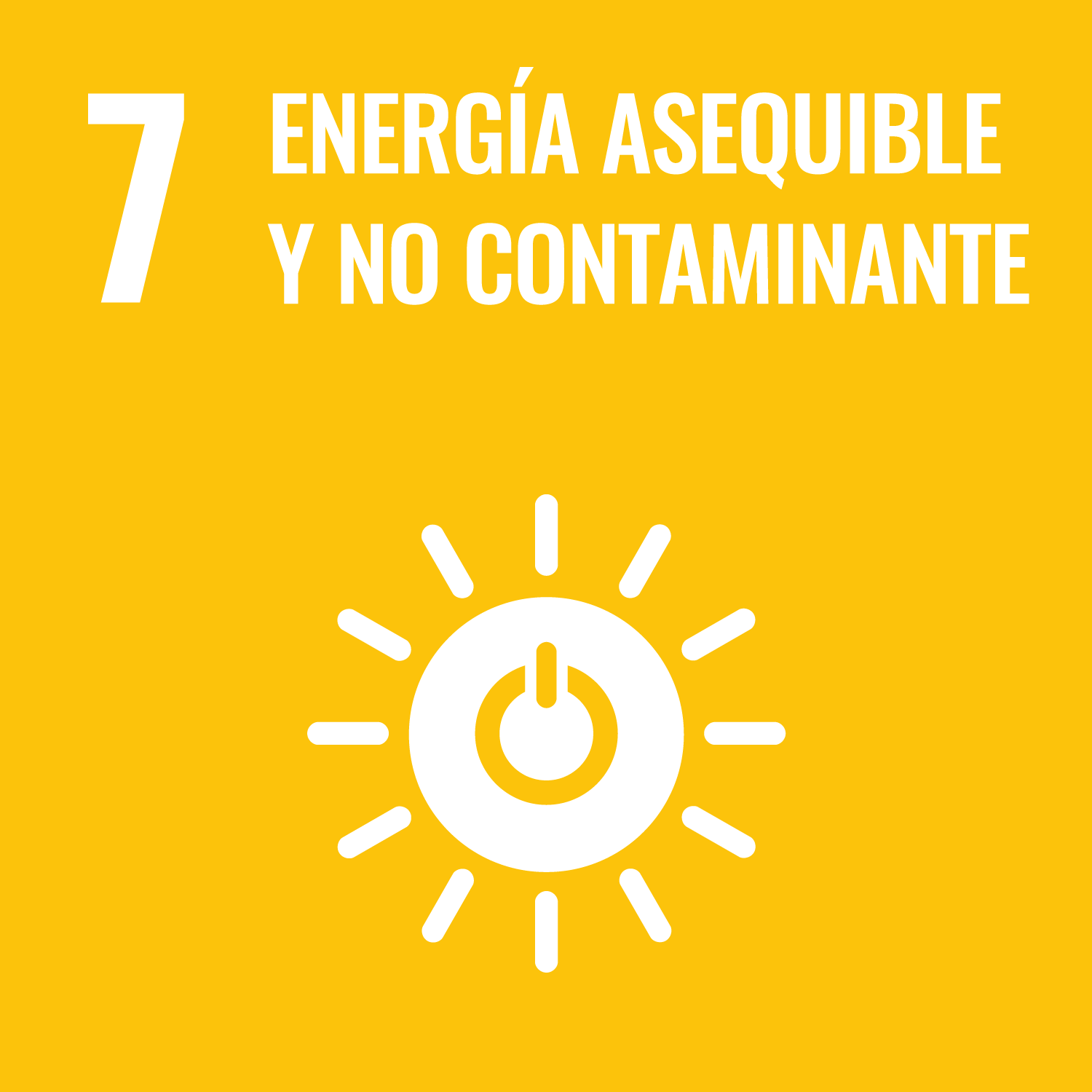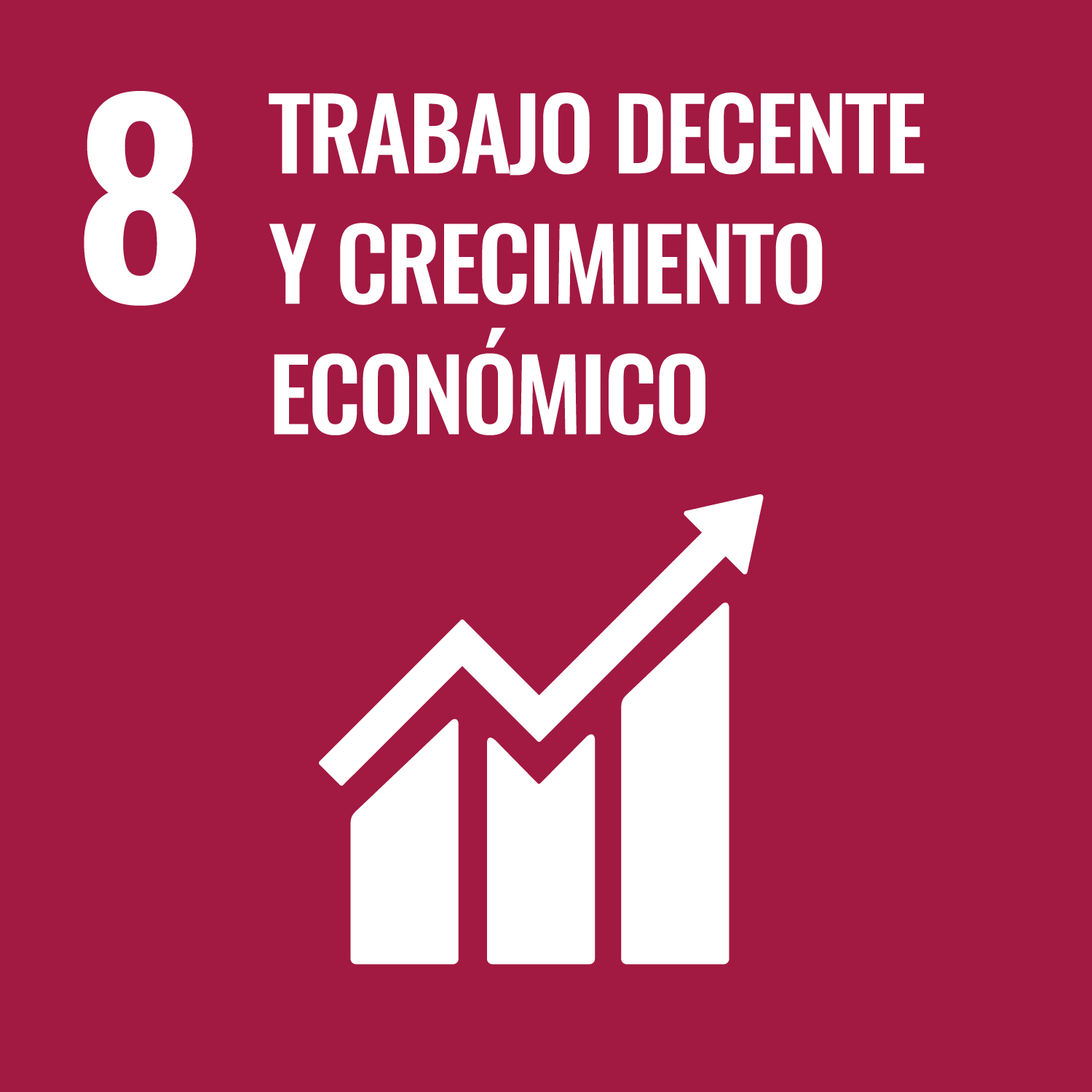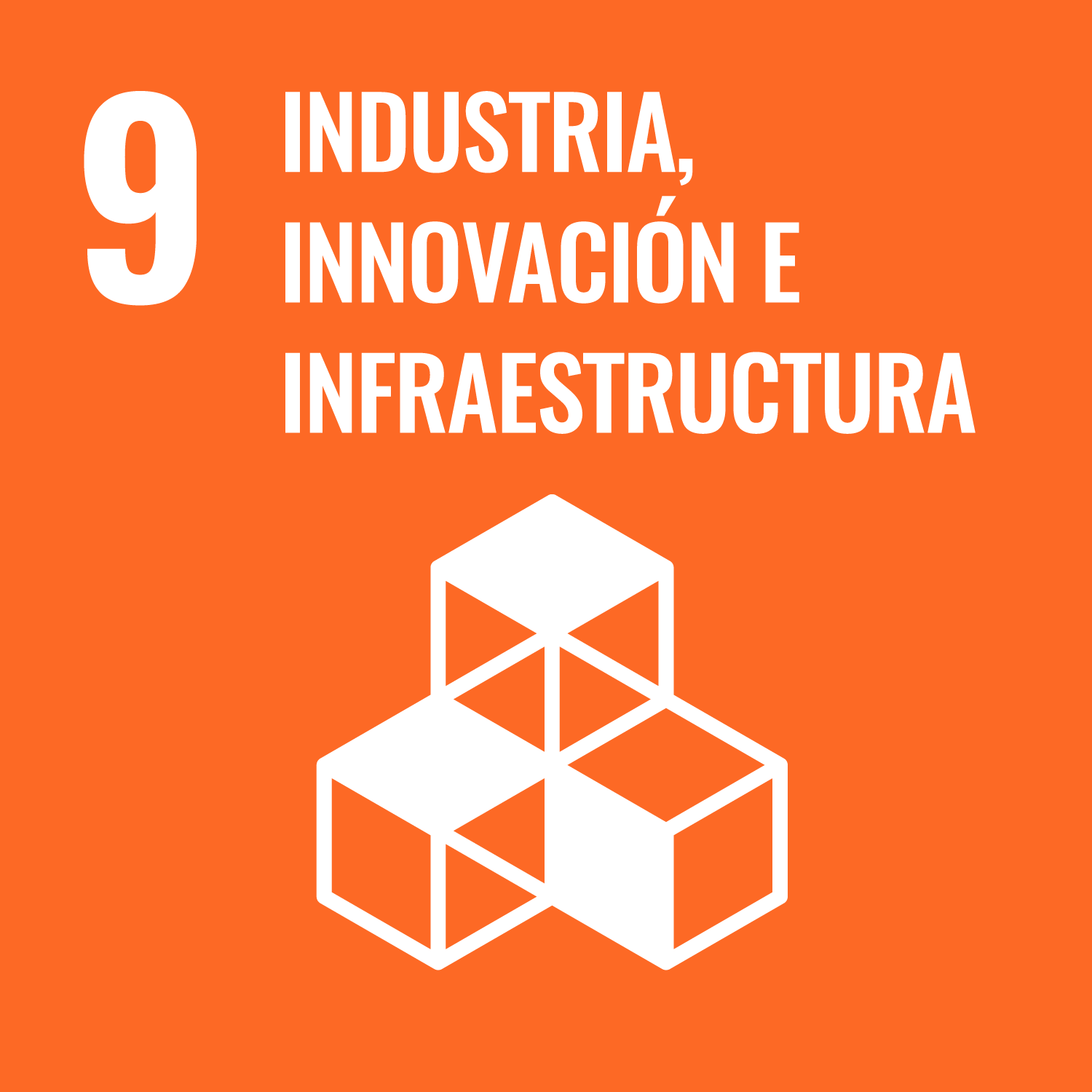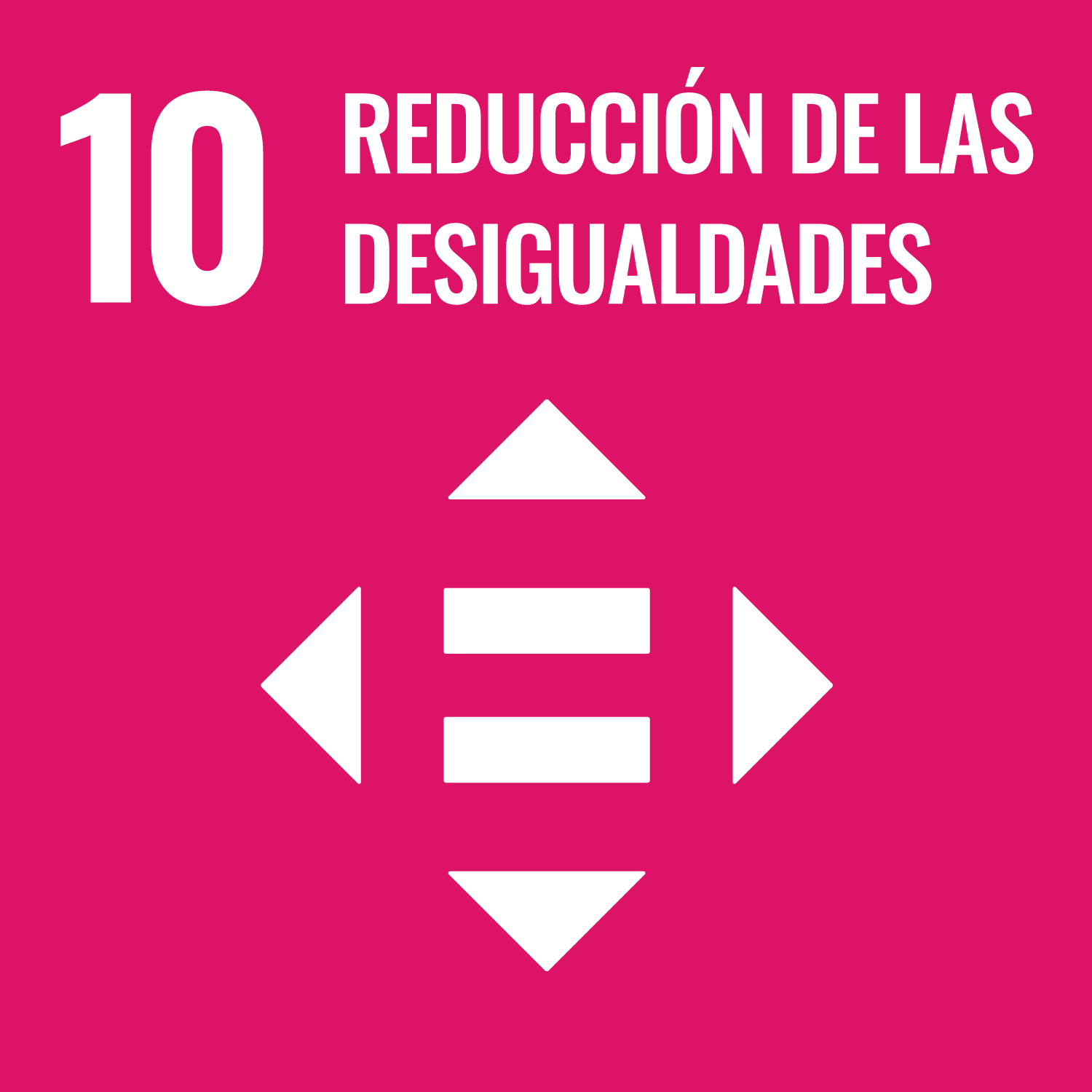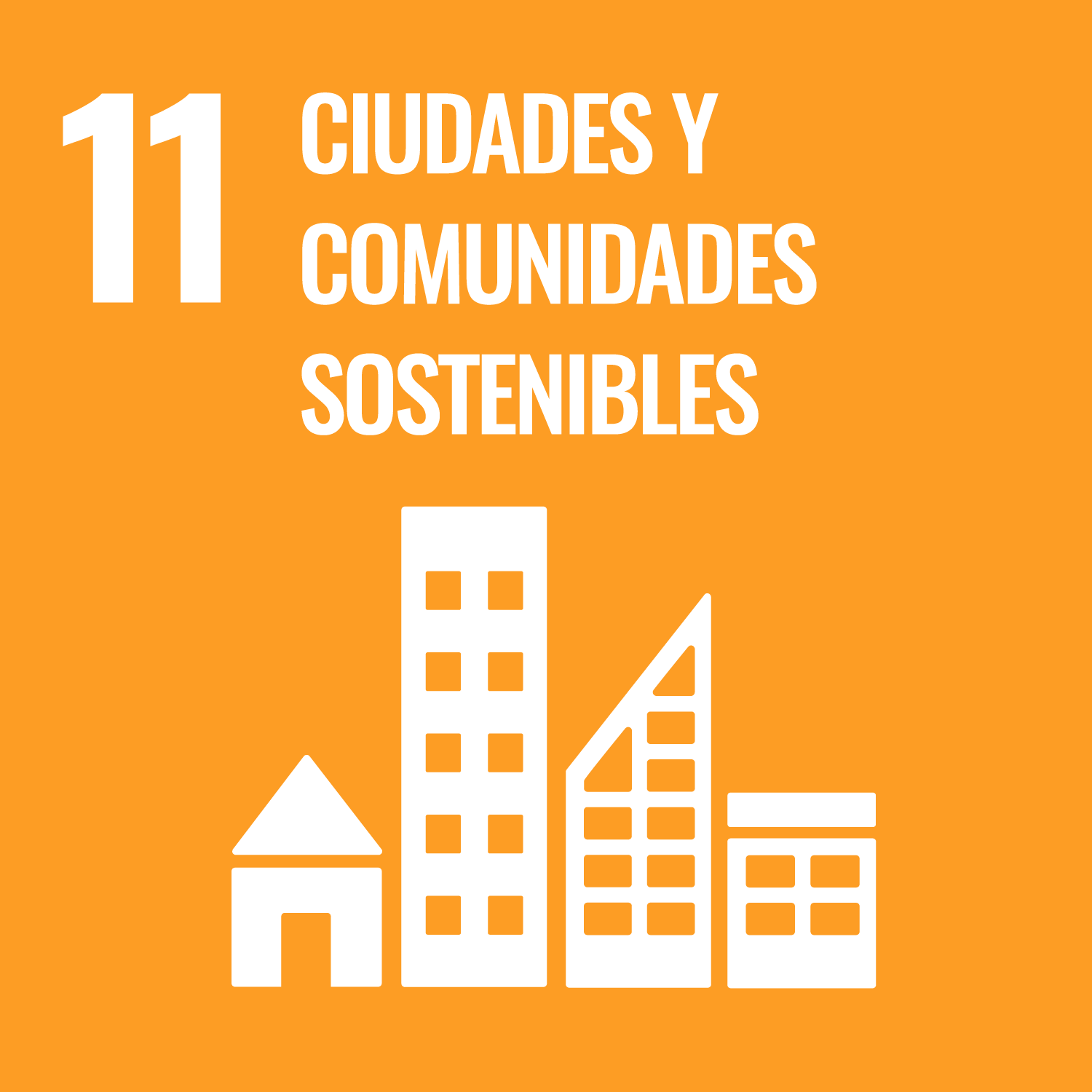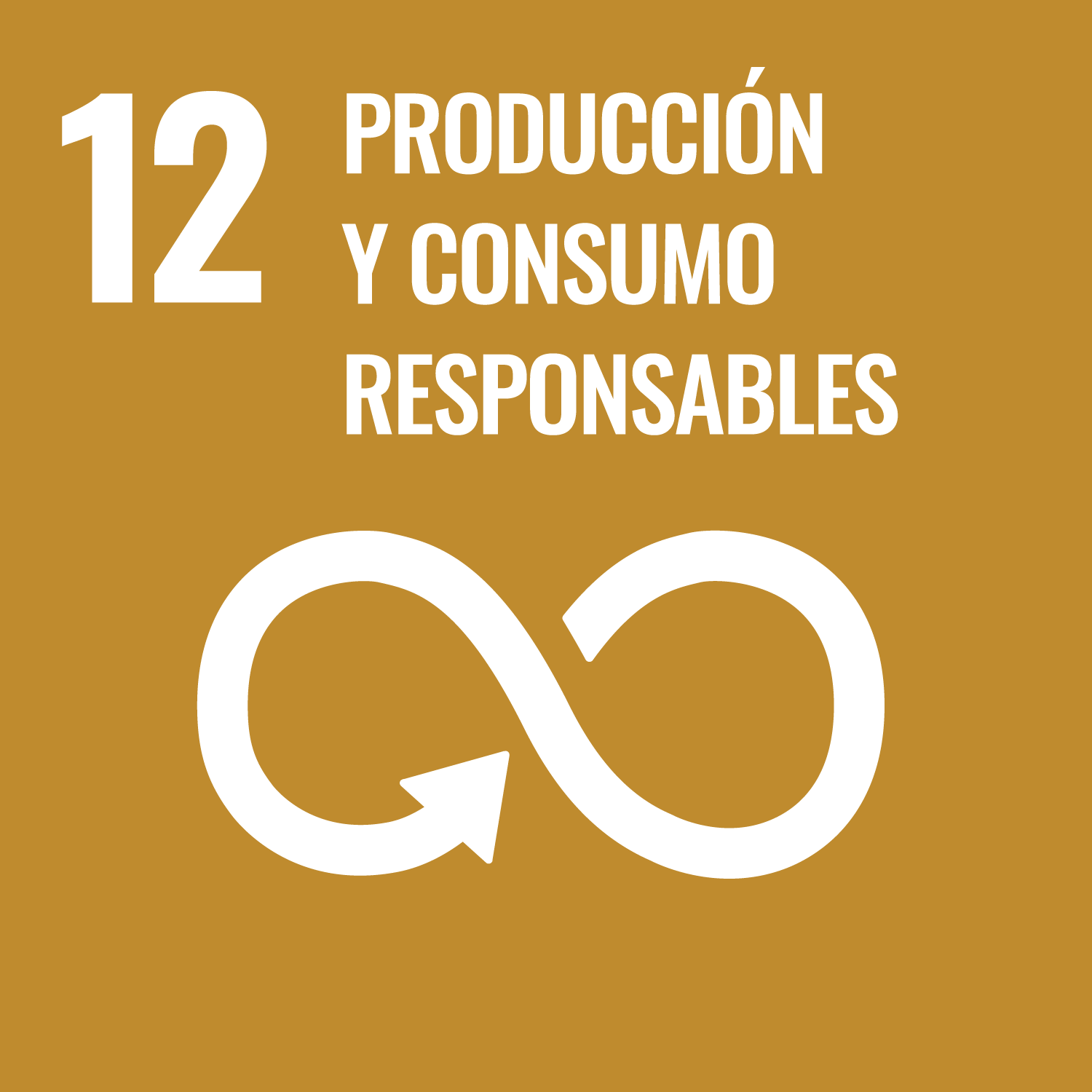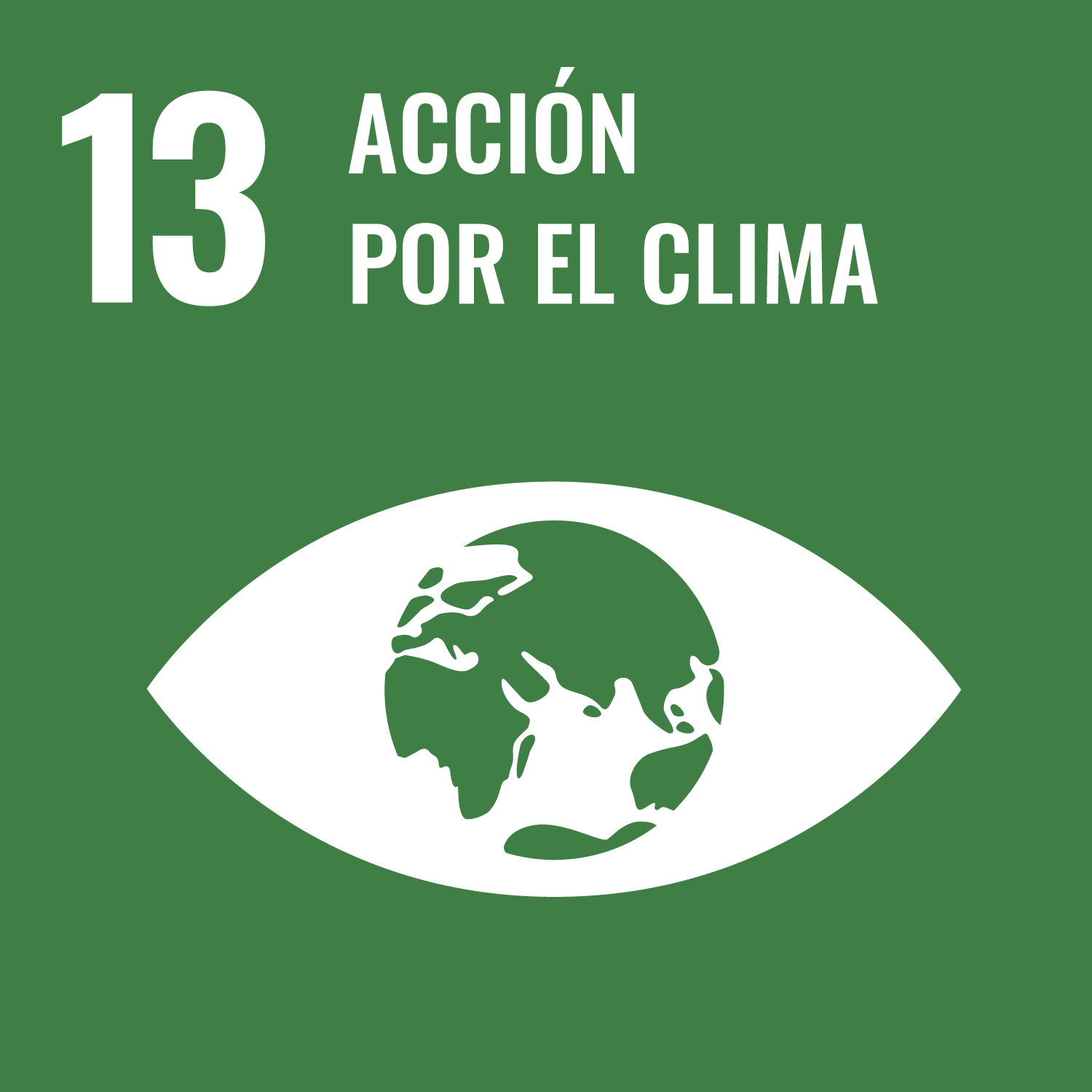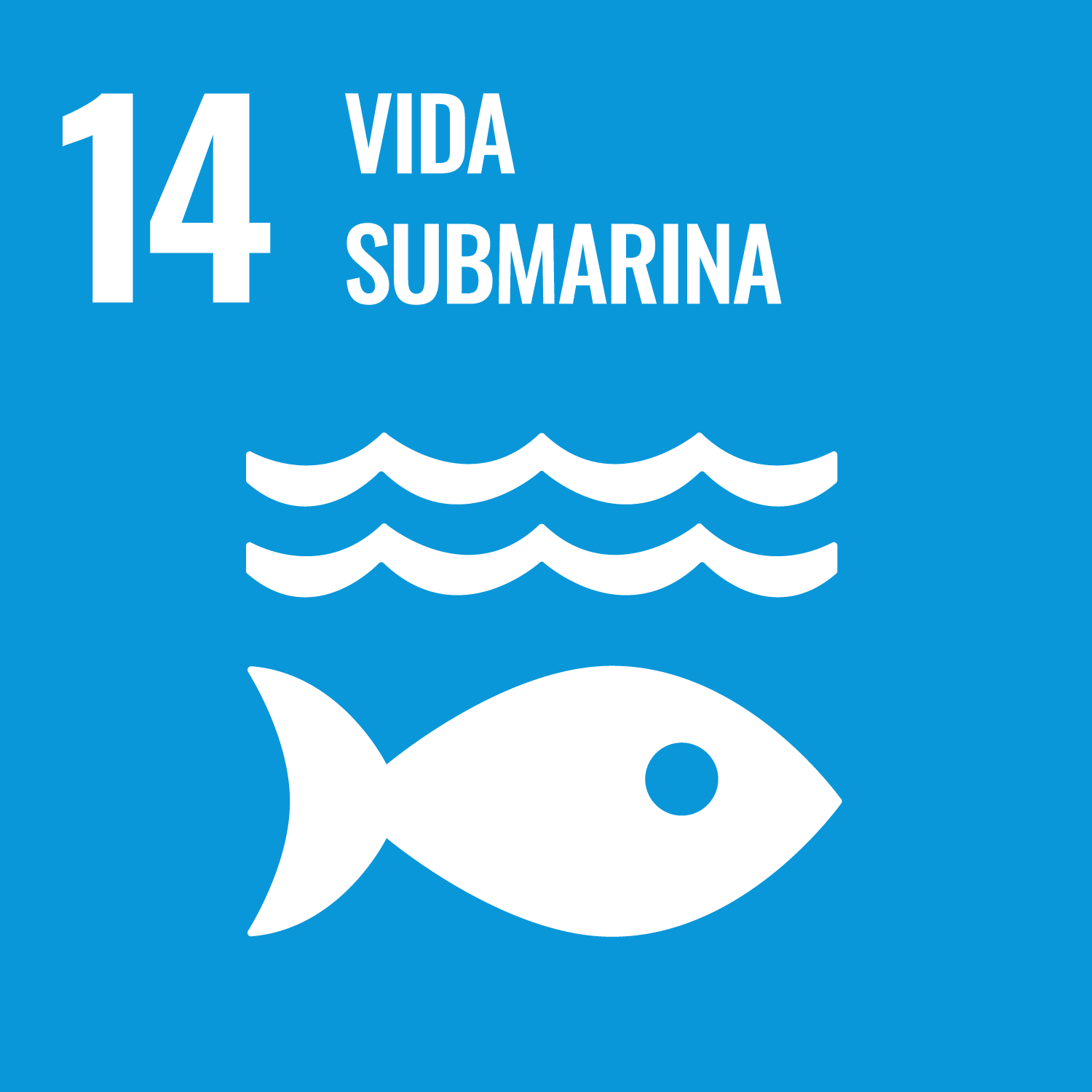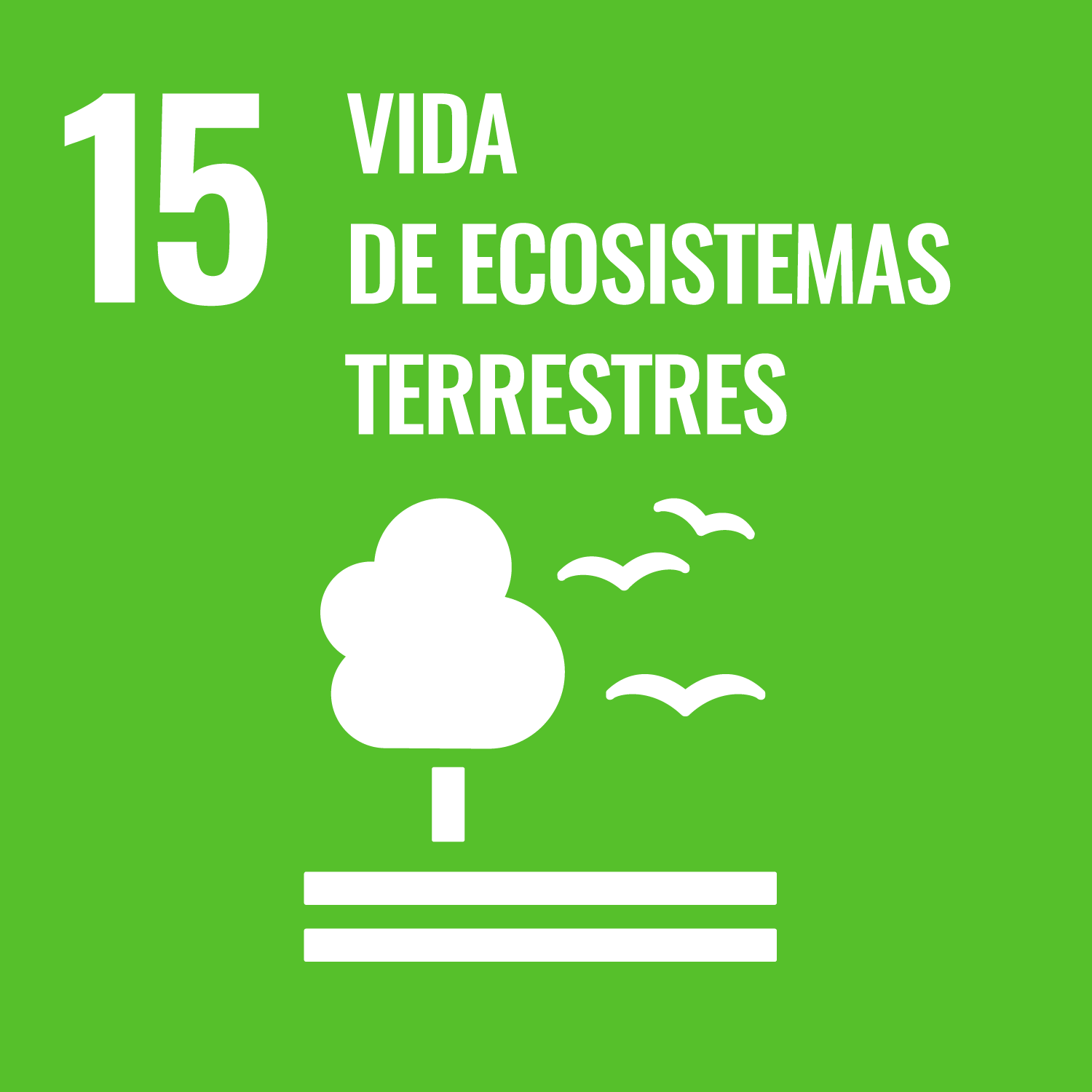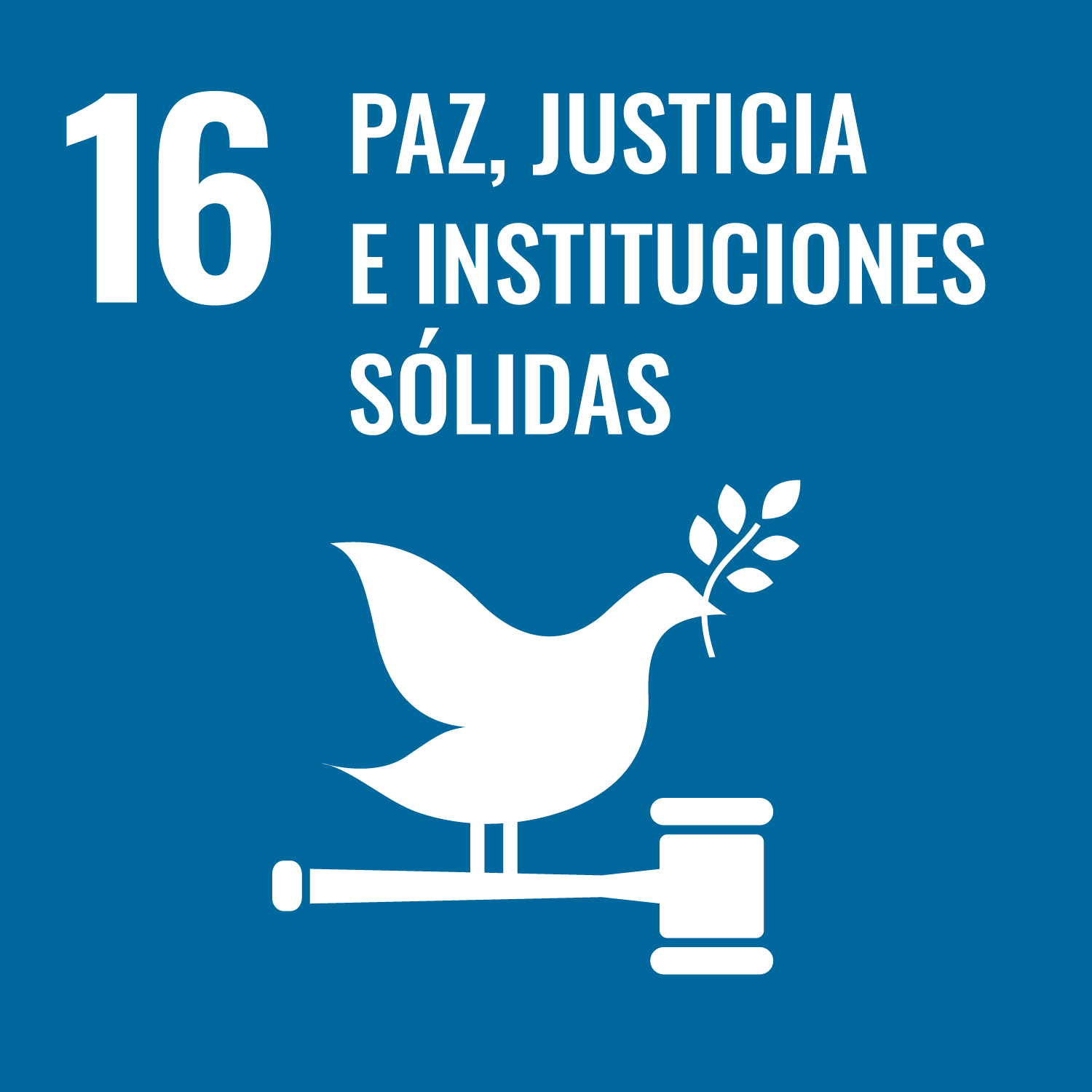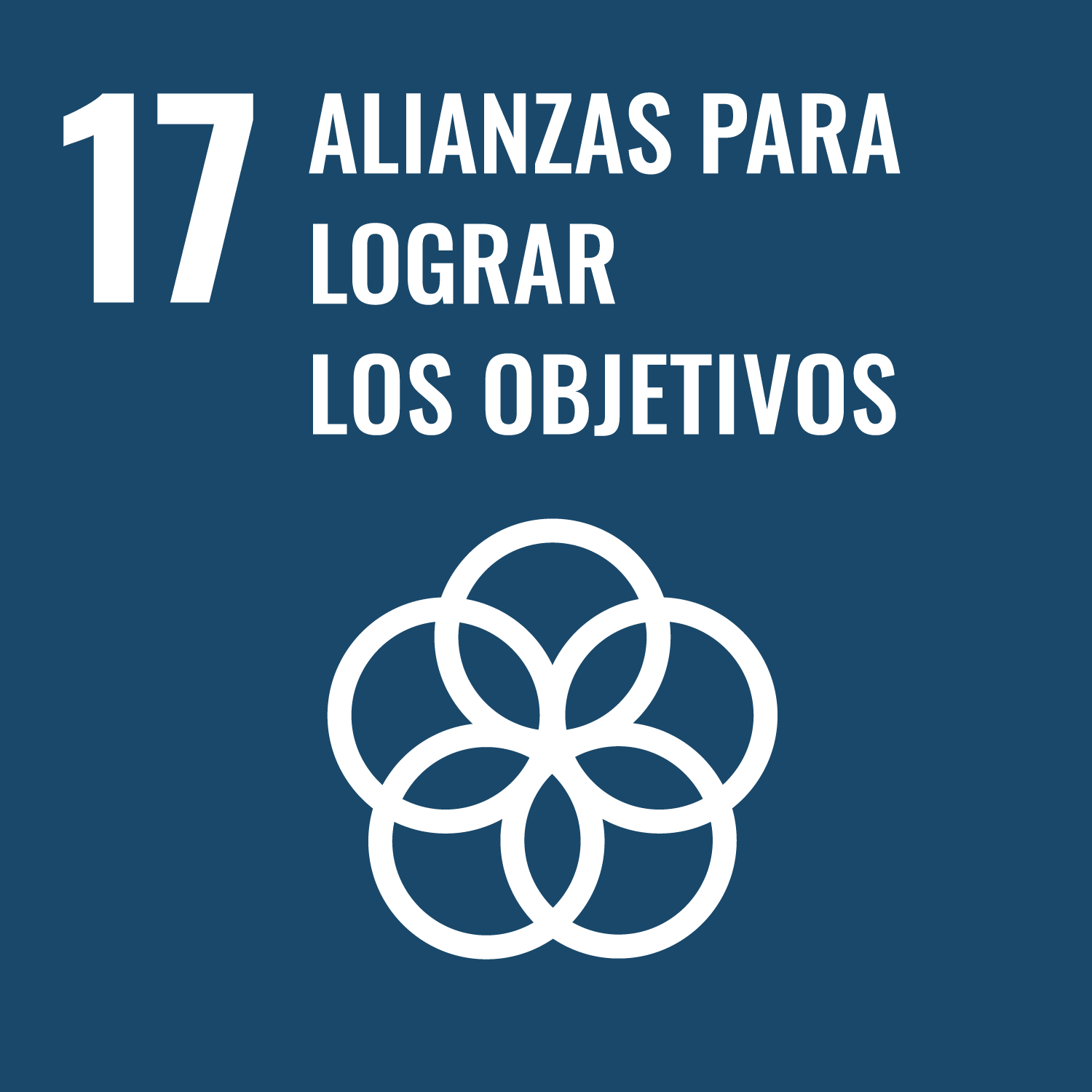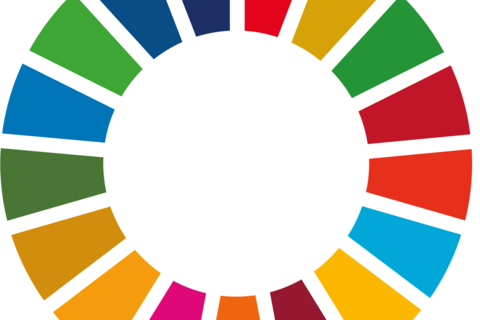As part of The United Nations Climate Change Conference of Youth (COY), the intergenerational virtual session “The Green Pathway: Climate Finance for a sustainable world” on 29th October was held. The event was moderated by Ms. Vicky Aridi, Youth Engagement Specialist, UN Joint SDG Fund and had a powerful keynote address by Ms. Janine Alm Ericson, Swedish State Secretary for International Development Cooperation.
The panel featured Ms. Rossana Dudziak, UN Resident Coordinator in North Macedonia, Mr. Vladislav Kaim, UN Secretary General’s Youth Climate Advisory Group, Mr. Borja Gomez Rojo, Clean Energy Strategy Advisor WFP and Ms. Amanda Costa, Forbes under 30 Climate Activist Award Winner & G20 Brazil Youth Climate Representative. All these amazing individuals from various generations contributed to the intriguing discussion on how we can achieve a greener and sustainable world through climate financing.
Ms. Janine Alm Ericson, Swedish State Secretary for International Development Cooperation kickstarted the event with a realistic speech that called for all developed countries to do their part in delivering on the $100 billion climate finance commitment. Governments and the private sector hold the most amount of funding available to finance a sustainable future as such they also hold the most responsibility for change. As said by Ms. Janine, it would take political will and strong partnerships to include the necessary budgets for change. Which is why we need to hold them accountable for their actions & promises. This is necessary “to show we are committed to do this together, not just by one nation and one generation,” as our actions create ripple effects over time.
Starting the discussion with uplifting news from North Macedonia, Ms. Rossana announced that the Joint SDG Fund is funding and supporting the joint program to enhance financing for renewable energy through the green financing facility. This is a financial instrument that will provide access to affordable green financing from local banks for small and medium enterprises and underserved individuals/households to enable them to invest in renewable energy and energy efficiency solutions such as photovoltaics, solar panels. The facility will combine funding of about $46 million from multiple partners, the Joint SDG Fund, the European Bank for Reconstruction and Development, 8 of the 13 banks in North Macedonia and government.
This led to the discussion about the type of financing available for sustainability related activities like energy generation. They are typically given as grants from the governments; however, this method is only as sustainable if the funds are available - which can be very limiting for long term community projects. The rigidity of funding cycles due to the duration of project planning and implementation as such are a major barrier found. Other factors influencing the financing are that the private sector is rather cautious of getting involved, leading to less sources of funding. This reason is typically due to the length of projects and lack of data showing direct returns to the private firms. Nonetheless, blended finance as explained by Mr. Borja is on the horizon for the energy sector.
If you were wondering what else needs to be done to enhance financing for youth-led climate initiatives, Ms. Amanda highlighted that youth need resources, connections, recognition, and financing to progress. She also mentions how the youth cannot be the ones to take full responsibility for all they are not the absolute answer. In fact, intergenerational partnerships are key to build a sustainable future. She also called on all youth activists to use their circles of influence, communication platforms and to collaborate with their local leaders as they can influence sustainable change.
In summary, Mr. Vladislav perfectly captured the conclusion that we all have a common agenda, “we need to leverage the expertise between intergenerational alliances to build a more meaningful intergenerational collaboration. Only by embracing the common effort with everything we have can we have a sense of the future. It is time to seize the moment and remember that you can do it!’’
Watch the full recording on YouTube to learn more about how our panelists will each personally commit to climate action. Remember, do donate if you can to the SDGs today when you pledge to the SDGs, climate action.


